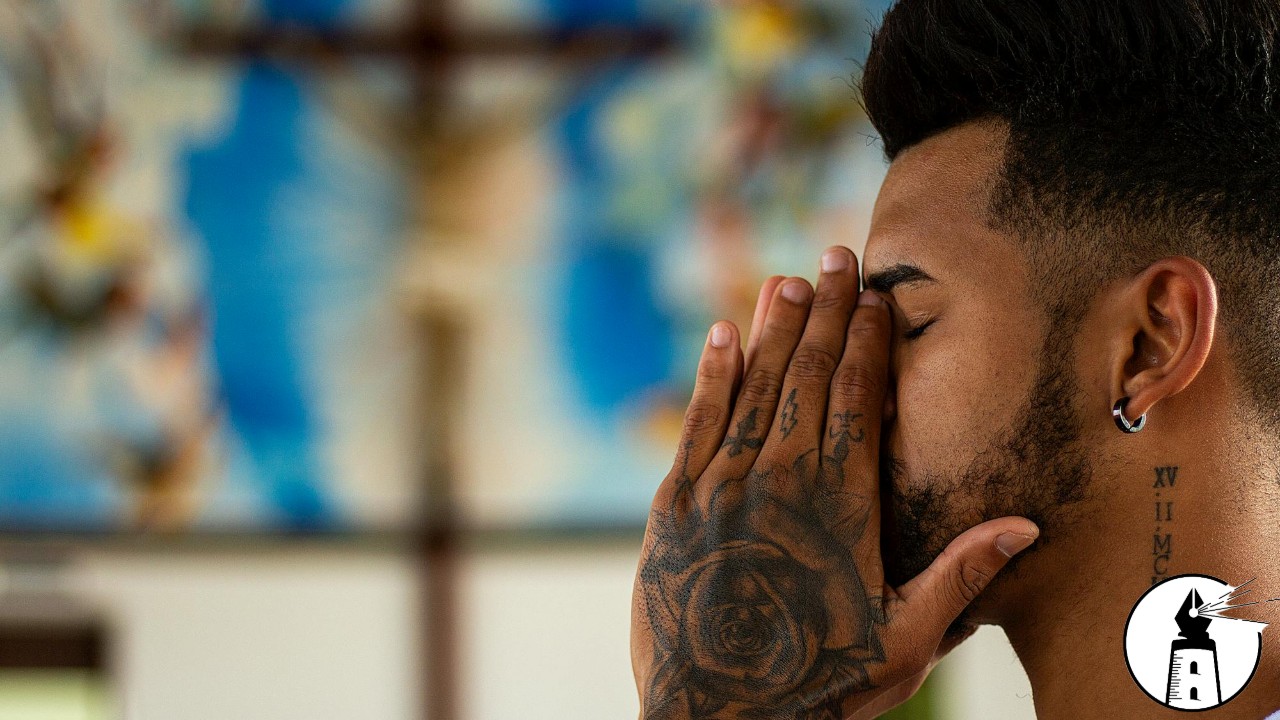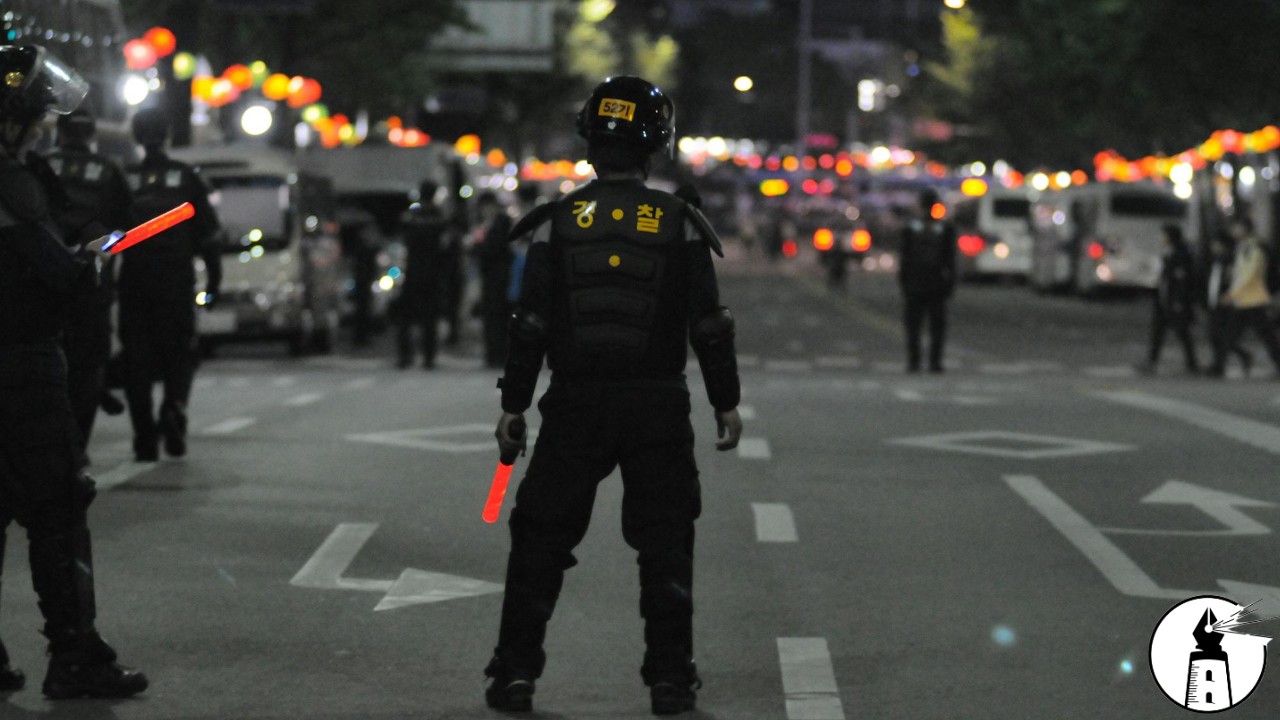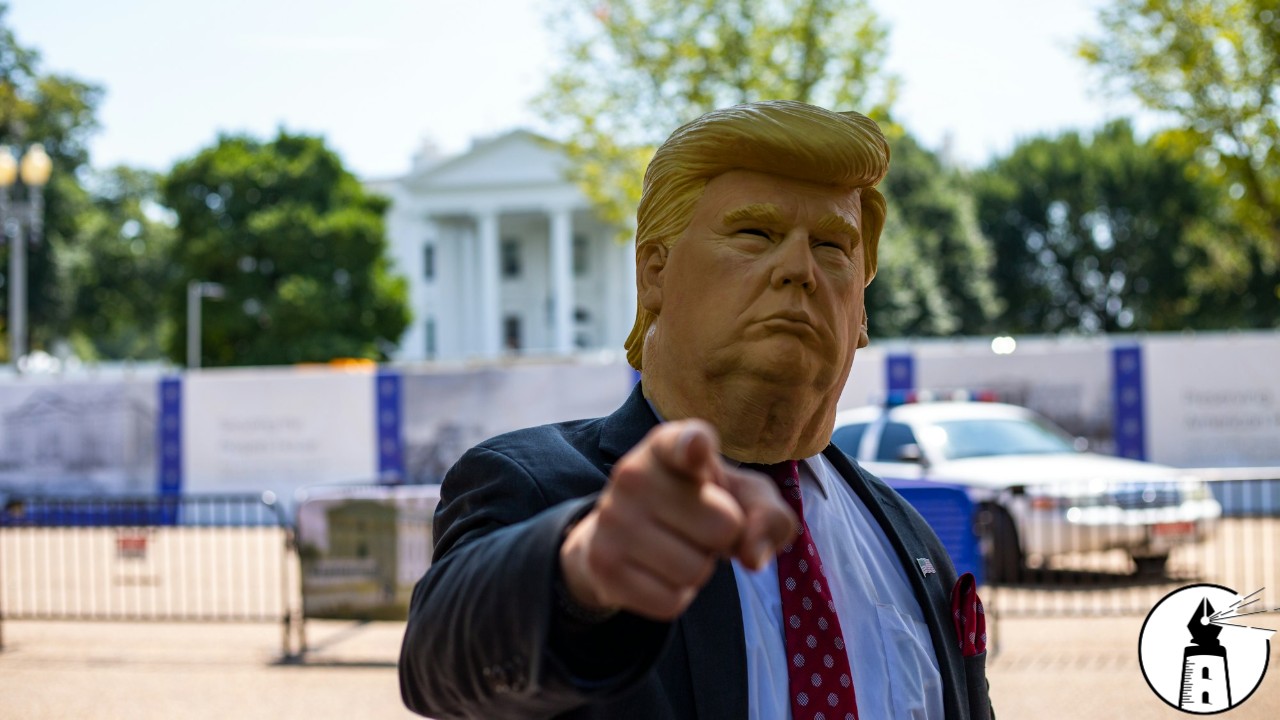The recent decision by the Trump administration to revoke a long-standing directive barring federal immigration authorities from conducting enforcement actions in sensitive locations is a troubling development. Schools, churches, hospitals, and other community spaces have long been considered sanctuaries, places where individuals, regardless of their immigration status, could feel safe. This change threatens to upend the sense of security that these spaces provide and sends a chilling message to immigrant communities across the country.
The justification for this policy shift has been framed in terms of public safety, with the administration suggesting that it is targeting “criminal aliens”. However, this rhetoric ignores the profound human cost of such measures.
Schools are more than just places of learning. They are essential community hubs where children grow, thrive, and build their futures. Allowing immigration authorities to enter these spaces undermines their purpose. Fear of enforcement could deter families from sending their children to school, depriving young minds of education and stability. The harm inflicted by such policies disproportionately affects the most vulnerable members of society, children who bear no responsibility for their immigration status.
Churches and houses of worship are similarly vital sanctuaries, offering spiritual solace, community support, and practical assistance to those in need. These spaces have historically stood as symbols of refuge and compassion. Allowing immigration authorities to operate within or near such places is not only a betrayal of these values, but also a direct attack on the trust and sense of security that faith communities provide. This policy risks driving immigrant families further into the shadows, cutting them off from the resources and support they need to survive.
Hospitals, too, are places where the policy’s inhumanity is starkly apparent. By lifting restrictions on enforcement in or near medical facilities, the administration risks creating a public health crisis. Fear of arrest could prevent individuals from seeking essential medical care, endangering not only their lives but also the health of the broader community. No one should have to choose between their health and their freedom, yet this policy forces many immigrants into that impossible position.
The broader implications of this policy shift are equally alarming. Immigrant communities already face significant challenges, from economic hardship to systemic discrimination. This move adds another layer of fear and uncertainty, effectively weaponizing spaces that should foster safety and growth. It creates an atmosphere of suspicion and distrust, not only between immigrant families and law enforcement but also within the broader community.
Critics of the policy, including educators, faith leaders, and immigrant advocates, have rightly decried it as cruel and inhumane. Their efforts to educate and prepare their communities highlight the resilience and determination of those who refuse to let fear dictate their actions. Still, the burden of this policy falls squarely on the shoulders of immigrants, many of whom are already marginalized and struggling to navigate an unforgiving system.
The decision to revoke these protections is a stark reminder of the need for policies grounded in humanity and empathy. A government’s strength lies not in its ability to enforce its laws with an iron fist, but in its capacity to protect and uplift all members of its society. Policies that sow fear and division do not make communities safer. They erode the very fabric of trust and solidarity that holds them together.
It is not enough to condemn this policy shift; there must be a collective effort to resist its implementation and advocate for the restoration of protections for sensitive locations. Schools, churches, and hospitals must remain sanctuaries where everyone, regardless of their status, can feel safe. Anything less is a betrayal of the values that underpin a just and compassionate society.
—By Greg Collier



